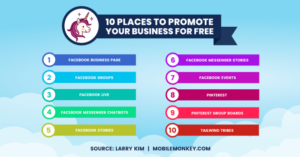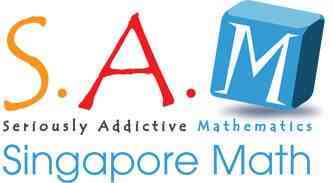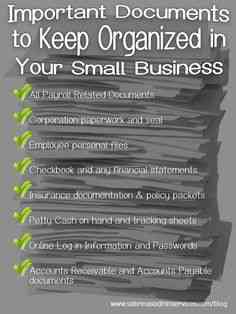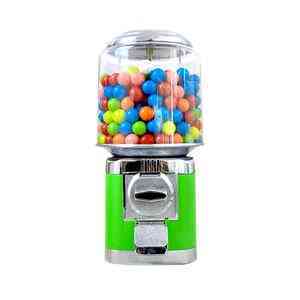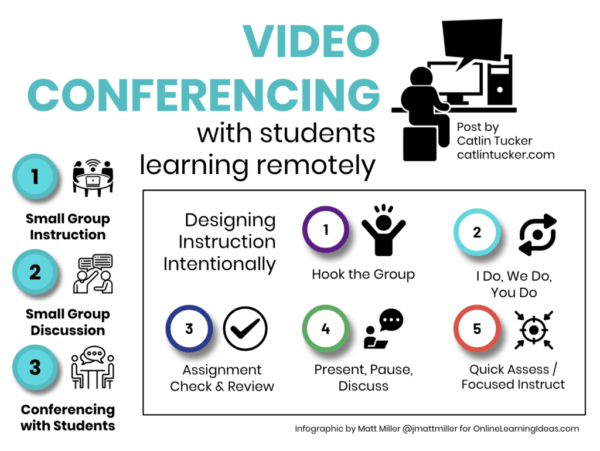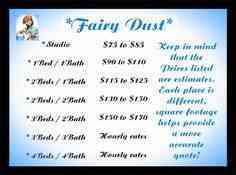And it is that table games they represent a form of entertainment that has no age, race, or color.
Today we will talk about how board games can represent an interesting, resourceful and profitable business.
Probably the reason why board games have transcended generations throughout history more than just fun is probably because they awaken wit, joy, varied emotions and challenges.
Ancient games such as Chess, Checkers or funny brain teasers are some of the best examples to mention of the many that exist and that show how much a very creative game can withstand the test of time.
Some interesting facts.
Did you know for example that Monopoly has sold more than 160 million units in 80 countries?
Did you know that this game was created during America’s economic depression in 1933, by an engineer named Charles Barrow who was unemployed at the time?
Did you know that nobody wanted to commercialize this game and Charles sold the first units of it on his own account until it began to become popular and Parker Brothers bought the rights from him?
Thus, table games They can be a great business that can fundamentally be approached from two important angles:
- The creation, manufacture and marketing of the board game itself and the profits made by the sales volume.
- The commercialization of copyright and the royalties obtained by patenting a game with commercialization potential through other manufacturers.
In both points it is decisive for the success of the business, that the creation of the game observes at least the following aspects:
- You must be very creative. One of the most important qualities a board game should have is creativity and resourcefulness.
- They must be a lot of fun. This is probably the most important quality to mention. Especially if they are aimed at children, you should take into account that children have no mercy with games. For them, if it is not fun, it is not worth it and they will look for another activity to do.
- They must be easy to learn. Ease of learning can make the difference between a successful product and one that is not. Of course, not all existing board games are simple, some actually have a high degree of complexity (like Chess) but this is linked to a good deal of creativity and yet they are easy to learn.
- Better if they are for wide age ranges. The best games in history are those that can be enjoyed by young and old (at the same time). Fun in groups is one of the attractions best valued by fans of board games.
- They must involve challenges. The most attractive games regularly represent challenges. Probably by the nature of the human being, we all want to win and when a game requires strategies and the possibility of being winners, then it is even more attractive.
- It must include all the elements to be able to enjoy it at the moment. The package includes everything you need to enjoy the game immediately: parts, instructions, etc. There is nothing more unpleasant than not being able to enjoy a game because it does not have some element that is difficult to obtain.
- You can consider the didactic element. Not all games have to be educational, although if, in addition to fun, they have a learning element, then it can be an even more attractive product. The secret is not to allow making it educational, it becomes boring and tedious.
In terms of marketing strategies, there are also some important considerations that you should take into account:
- Make sure your product is inexpensive to manufacture. Whichever game mode you choose: boards, cards, pieces, floor, etc. Make sure that the elements you include are not so expensive at least in the first version of your product. Remember that you will have to make a few dozen sets at first.
- Make sure your product is attractive and pleasing to the eye. Remember that the product enters through the eyes. A visually pleasing game will be more accepted than one that is not.
- Make sure to test your game well to guarantee results, especially fun. To do this, use test players who can use it while you watch and take note of how to improve it and make it as entertaining as possible.
- Promote your product in schools, colleges and Sunday schools in churches. Promote your product in small circles, approach school or church teachers, offer them a free demo in exchange for helping you promote your product. This will help you make it known to later market it on a larger scale.
- Pick a fun name that sells. The name of the product is very important. It should be a very creative name, that is fun, easy to remember, and that children can easily associate and pronounce.
- Patent your game. Once you start to find acceptance and raise some capital, register your product to protect your rights and commercialize your intellectual property.
Like in all businessIt will be convenient to develop a business plan that includes a manufacturing and marketing budget. However, the fundamental part is the creation of the game which is precisely where the key to this fun but pleasant wit business.
You may also be interested in these ideas:





